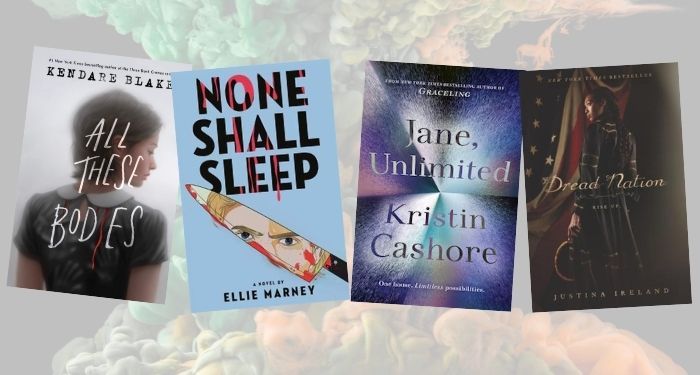Skillful genre blending breathes fresh life into familiar tropes, surprises readers with unexpected juxtapositions, and elevates your story’s appeal across diverse audiences.
1. The Power of Genre Fusion
Combining two or more genres lets you tap into the strengths of each—melding the fast-paced tension of a thriller with the emotional depth of literary fiction, or the world-spanning scope of epic fantasy with the intimate stakes of a romance. When done well, genre fusion:
- Sparks reader curiosity by defying expectations
- Creates niche appeal that distinguishes your work in crowded markets
- Enables thematic richness through contrasting conventions
2. Common Genre Pairings and Their Appeal
| Blend | Why It Works |
|---|---|
| Mystery + Historical Fiction | Deepens suspense with period detail and authentic atmosphere |
| Science Fiction + Romance | Balances speculative ideas with human connection |
| Fantasy + Horror | Amplifies otherworldly dread with magical stakes |
| Crime + Comedy | Tension and levity play off each other for unexpected humor |
| Western + Steampunk | Merges frontier grit with inventive technology |
3. How to Blend Genres Seamlessly
- Clarify Core Elements
Identify the essential conventions of each genre—detective POV in mysteries, worldbuilding in fantasy, moral ambiguity in noir—and decide which serve your story’s core theme. - Establish a Unifying Premise
Your premise should naturally integrate both genres.- A rogue alchemist in a steam-powered Old West hunts a serial killer.
- A starship captain falls in love with a diplomat amid an interplanetary war.
- Balance Tone and Pacing
If one genre tends toward contemplative scenes (literary) and the other toward high action (thriller), interweave sequences so neither overtakes the narrative flow. - Honor Conventions—but Twist Them
Include genre-hallmark moments (a magical duel, a courtroom reveal) but subvert expectations. For example, let the detective break the case by forging an unlikely friendship rather than cracking a cryptic code. - Develop Character Arcs That Bridge Worlds
Your protagonist should navigate challenges specific to each genre element—solving puzzles, confronting mythical beasts, or negotiating political intrigue—so their growth reflects the story’s blended nature.
4. A Genre-Blend Planning Template
| Component | Your Story Details |
|---|---|
| Primary Genre | |
| Secondary Genre | |
| Unifying Premise | One-sentence hook integrating both genres |
| Key Conventions | List two from each genre you will include |
| Tone Mix | How will you balance humor vs. horror, action vs. reflection? |
| Signature Scene | A pivotal scene showcasing the genre fusion |
| Character Journey | How does your hero’s arc draw on both genres’ challenges? |
5. Examples in Action
- In a supernatural romance, star-crossed lovers bond over shared psychic visions that threaten their safety—a blend of emotional stakes and paranormal suspense.
- A political fantasy world uses court intrigue and magical espionage, inviting readers who love both intricate power plays and elemental sorcery.
6. Pitfalls to Avoid
- Half-hearted fusion: Don’t treat one genre as mere window dressing. Each must meaningfully impact plot and character.
- Inconsistent rules: If magic exists, define its limits. If technology shapes society, establish its reach. Internal logic is paramount.
- Tone clashes: Pure comedy moments can undermine dread in a horror-drama unless paced and foreshadowed carefully.
7. Tips for Polishing Your Blend
- Beta-reader diversity: Seek feedback from fans of each genre to catch uneven beats or missed conventions.
- Reverse-outline fusion points: After drafting, list every scene’s genre function. Adjust scenes that lean too heavily toward one side.
- Iterate your premise: Test alternate hooks that might integrate genres more naturally—what if your detective uses magic to solve cases, rather than technology?
Genre blending invites both writer and reader on an inventive journey. By respecting each genre’s strengths, maintaining clear rules, and crafting a premise that unites disparate elements, you’ll create a story that feels at once familiar and thrillingly new. Use the planning template to map your fusion, then let your imagination run wild across genre boundaries.


